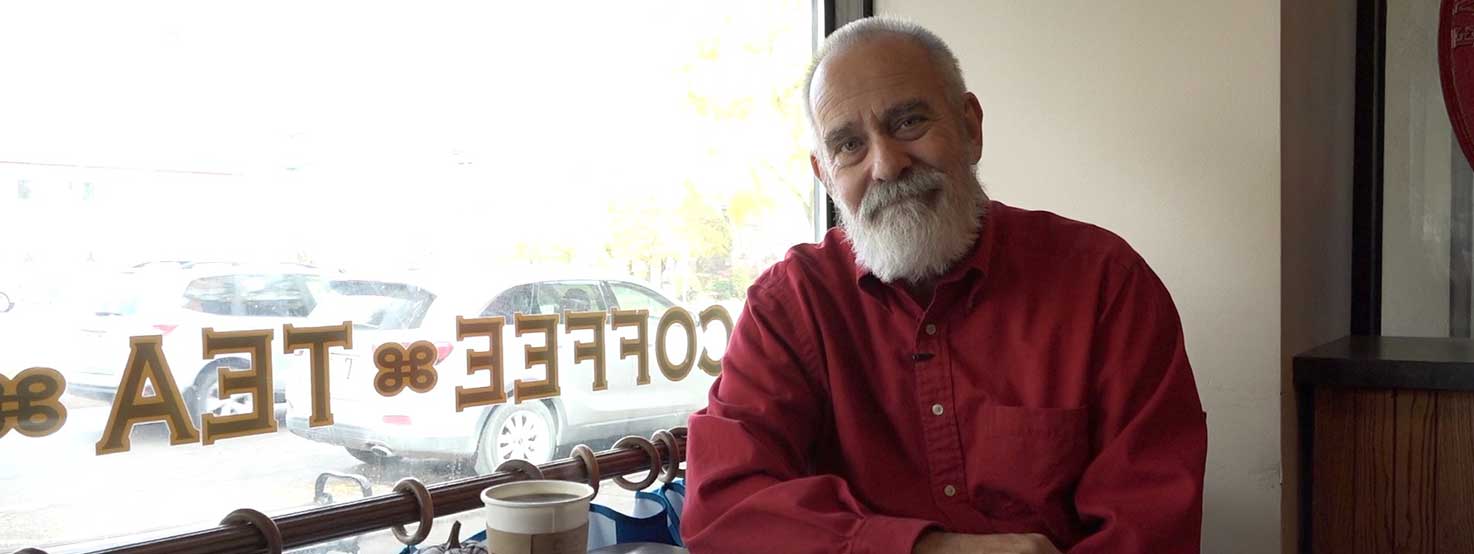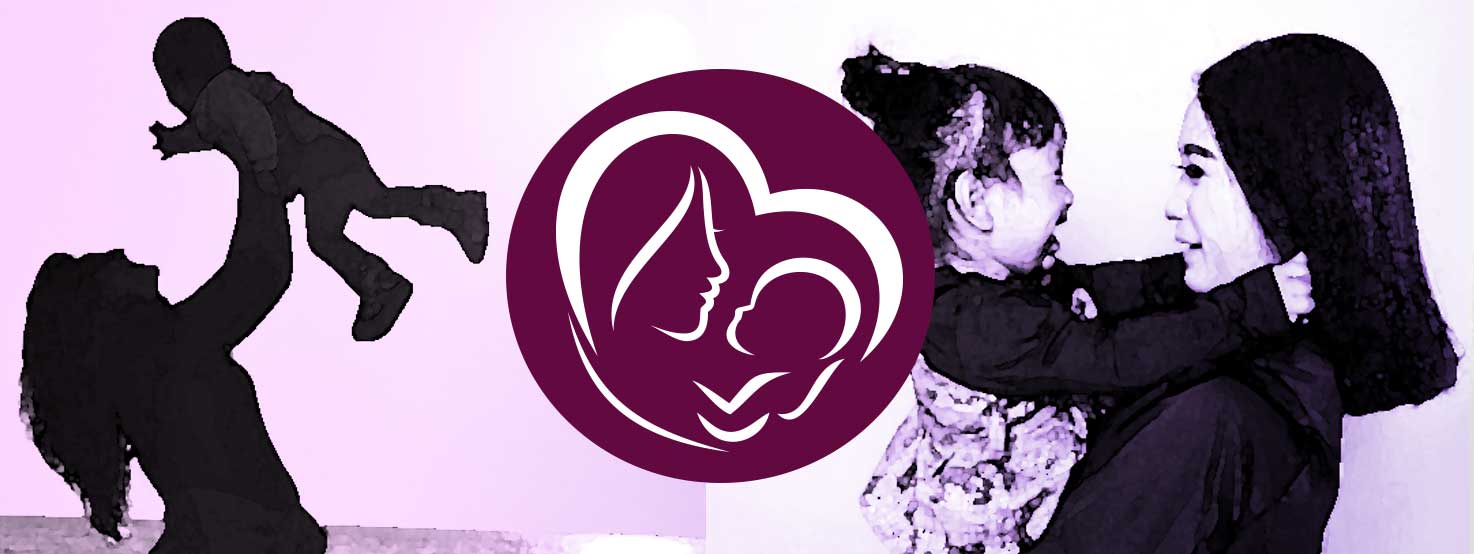Channels

Rotary

Rotary Conference

Laurel Health Centers

Penn Oak Realty

Movin Together

Bank On It

Dunhams Corner

By The Door

Questioning Life

Karschners Insurance

Ag Happenings

Back to Basics

Hornet Happenings

Live From The Hive

Momday Monday

Pennsylvania Politics

The Briefing

Weekly Highlights

Wellsboro Chamber

Coping with Anxiety During Coronavirus COVID19 Fears
Jerry Cerrone, Ph.D.
Clinical Psychologist
Laurel Behavioral Health & The Laurel Health Centers
With Coronavirus (COVID-19) dominating the news cycle and statewide calls for preventive measures like social distancing, concerns for public health and safety are top-of-mind for everyone. It is OK to feel anxious, stressed, or scared in times of uncertainty—but it is important not to panic. Panicking leads to irrational decisions and overreactions that make a stressful situation worse.
Overwhelming anxiety does not make us more prepared. It wears on us mentally and physically and can make coping with a difficult situation that much harder. Fixating only on what’s worrying us can actually impede our ability to respond to it. Instead of focusing on what’s worrying about this situation, let’s focus on the steps you can take to address the problem.
5 Ways to Lower Intense Anxiety in Times of Uncertainty
- Find a balance
It’s important to stay informed, but being glued to your TV, smartphone, and PC for every update every minute can quickly become overwhelming and lead to distorted, negative thinking. Instead, limit your intake of news to a few trustworthy sources like the Centers for Disease Control (CDC) or World Health Organization (WHO) and check only a few times per day. - Stay connected
Self-isolating and social distancing are important measures for slowing the spread of the virus, but can leave us feeling lonely and out of touch. Take advantage of the wealth of technology around us to stay in touch while keeping others safe. Call, video chat, text, instant message, or take to social media to stay connected with friends and family. - Exercise
Physical exercise remains one of the best ways to reduce stress, improve our health, and boost our mood. Whether it’s your favorite exercise DVD, playing in the backyard, dancing to your favorite music, or a secluded walk through the woods, make time for exercise. - Develop a plan
Whether you’re dealing with an illness or bad weather, it’s always a good idea to have a basic family preparedness plan. Making sure you have an emergency contact, up-to-date medications in your cupboard, and some non-perishable food in the pantry can help you feel more in control. Just don’t let pre-planning spiral into panicked hoarding or showing up to the ER unnecessarily. It’s best to develop a plan when you’re not in an emergency, but it’s never too late to plan ahead for next time. - Seek help
If you’re struggling with unchecked anxiety and stress, it can help to talk to a professional. A mental health professional can provide you with helpful ways to cope with stress, combat distorted thinking, and how to redirect your worry into action that levels you feeling better prepared and in control. Together, you and your provider can find a healthy strategy that works for you.
When our anxiety is lowered, we make better decisions, and better decisions benefit everyone.
When overwhelming COVID-19 anxiety strikes, focus on what you can control: yourself. Wash your hands thoroughly and often for a full 20 seconds with soap and warm water, practice social distancing by avoiding large groups, keep 6 feet apart from others when feasible, and stay home if you have been instructed to do so, are feeling ill, or considered at-risk. If you become ill and are worried about your symptoms, call your doctor to discuss your concerns.
As you prepare for COVID-19, make time for yourself. Reflect on your thoughts, feelings, and needs. In order to be able to effectively care for others, we also need to care for ourselves.
Are you struggling with stress and anxiety? Laurel Behavioral Health is here to help. To make an appointment, call (570) 723-0620.
For more information on COVID-19, healthy coping strategies, and Laurel Health Center services, visit laurelhc.org or facebook.com/laurelhc.
About Laurel Behavioral Health: Laurel Behavioral Health, part of the Laurel Health Centers family, provides support and guidance to those facing stressful, confusing, or overwhelming life situations. Addressing issues like depression, anxiety, panic and eating disorders, and parent-child issues, Laurel Behavioral Health offers compassionate, confidential counseling, evaluations, and therapy services for patients of all ages, including individual, martial, and family counseling. For more information, call (570) 723-0620 or visit laurelhc.org.
Credits:






































